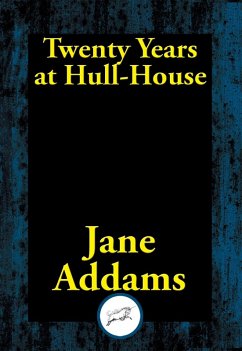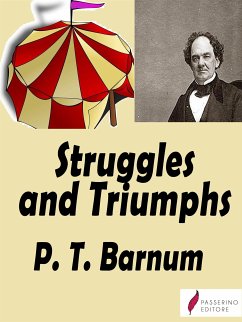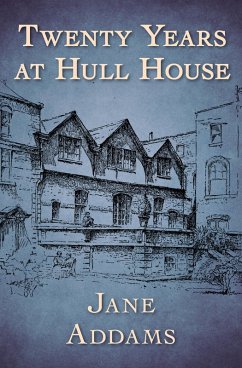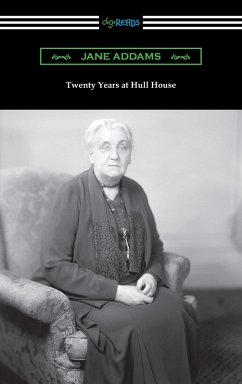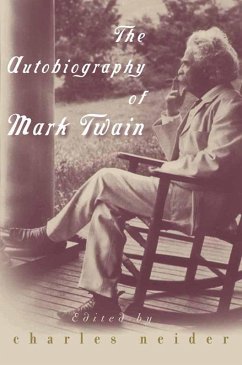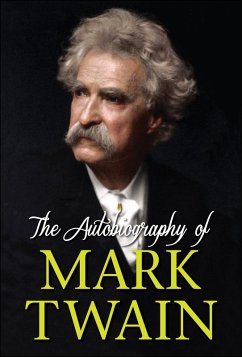
A College Girl (eBook, ePUB)
Enriched edition. Journey of Growth and Independence: A College Girl's Tale of Education, Society, and Personal Development
Kommentar: Murray, Holly / Redaktion: Good Press

PAYBACK Punkte
0 °P sammeln!
In "A College Girl," George de Horne Mrs. Vaizey presents a vivid exploration of feminine identity and the academic experience at the turn of the 20th century. The novel is characterized by its rich, descriptive prose and an immersive narrative that fosters an intimate connection with the protagonist. Through the lens of a young woman's college life, Vaizey delves into themes of friendship, ambition, and societal expectations, reflective of the burgeoning changes in women's education during this era. The literary context positions this work within the growing conversation about women's roles i...
In "A College Girl," George de Horne Mrs. Vaizey presents a vivid exploration of feminine identity and the academic experience at the turn of the 20th century. The novel is characterized by its rich, descriptive prose and an immersive narrative that fosters an intimate connection with the protagonist. Through the lens of a young woman's college life, Vaizey delves into themes of friendship, ambition, and societal expectations, reflective of the burgeoning changes in women's education during this era. The literary context positions this work within the growing conversation about women's roles in higher education, offering both critique and celebration of the academic spirit. George de Horne Mrs. Vaizey, a notable figure in Victorian and Edwardian literature, was ahead of her time in advocating for women's rights and education. With her background in both literature and social commentary, she penned this novel not merely as entertainment but as a reflection of her own beliefs regarding the importance of education for women. Her personal experiences as an educated woman amplify the authenticity of her characters, inviting discourse on the societal barriers faced by women of her generation. I highly recommend "A College Girl" to readers interested in early feminist literature and the historical context of women's education. Vaizey's masterful storytelling, rich character development, and social critique provide an engaging yet thought-provoking experience, making this work essential for anyone exploring the evolution of women's roles in academia. In this enriched edition, we have carefully created added value for your reading experience: - Hand-picked Memorable Quotes shine a spotlight on moments of literary brilliance. - Interactive footnotes clarify unusual references, historical allusions, and archaic phrases for an effortless, more informed read.
Dieser Download kann aus rechtlichen Gründen nur mit Rechnungsadresse in A, B, BG, CY, CZ, D, DK, EW, E, FIN, F, GR, H, IRL, I, LT, L, LR, M, NL, PL, P, R, S, SLO, SK ausgeliefert werden.






